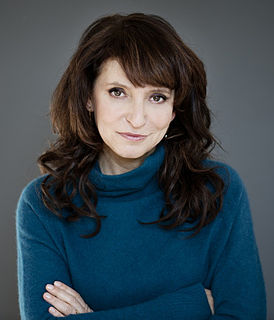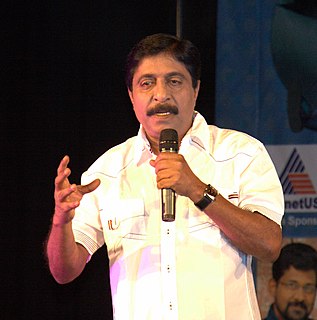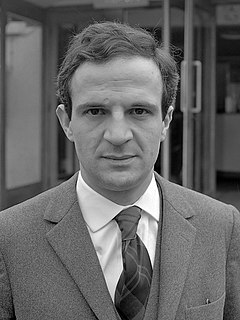A Quote by Peter Greenaway
Americans don't understand what metaphor in cinema is about. They're extremely good at making straightforward, linear narrative movies, which entertain superbly. But they very rarely do anything else.
Related Quotes
Actors can be very precious about their work and their scenes, but I think good actors have a strong understanding of narrative and are very often not as precious about that stuff. They just can't be because they understand what makes for a better film, and that it's the job of the actor to work toward that, and then if you want you can go to acting class or workshops. But making movies is not workshops.
In narrative cinema, a certain terminology has already been established: 'film noir,' 'Western,' even 'Spaghetti Western.' When we say 'film noir' we know what we are talking about. But in non-narrative cinema, we are a little bit lost. So sometimes, the only way to make us understand what we are talking about is to use the term 'avant-garde.'
I want viewers want to talk about The Conquest. I want the dialogue to start after the movie. The cinema is there to leave a trace. I hope my film leaves a trace and that it will open a door for French cinema and that tomorrow other directors will make political movies. The job of a filmmaker today is to talk about the world surrounding him and, through his movies, to both entertain and raise questions about modern society.
It is very linear storytelling, and I think that's not so much the fashion. I was watching a new drama the other night which was extremely non-linear, where you flash back and flash forward in ways that certainly keeps you on your toes as the audience. There's not much of that courage with the storytelling in our Maigret film.
I think that's true of all cinema, that's why cinema is the great humanistic art form. Whatever the film is, it doesn't matter what the film is about, or even whether it's a narrative or figurative film at all, it's an invitation to step into somebody else's shoes. Even if it's the filmmaker's shoes filming a landscape, you go into somebody else's shoes and you look out of their lens, you look out of their eyes and their imagination. That's what going to the pictures is all about.





































